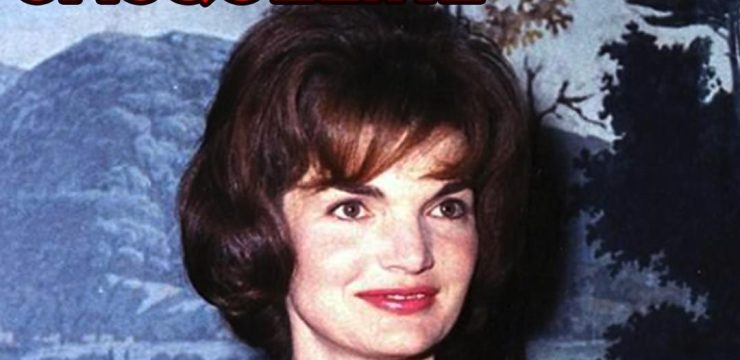Hollywood actors Georg Stanford Brown and Tyne Daly defied societal norms and overcame significant challenges to create a love story that broke barriers and inspired generations. Their relationship, which began in the 1960s, was a testament to resilience and courage during a time when interracial marriage was not only socially frowned upon but also legally prohibited in many states across the United States. Against all odds, their love endured and ultimately became a beacon of hope and progress.
When Georg Stanford Brown and Tyne Daly exchanged their vows on June 1, 1966, their union was not just a personal commitment but also a bold and courageous statement. At that time, interracial marriage was still illegal in 31 states, and it wasn’t until 1967, one year after their wedding, that the U.S. Supreme Court ruled in Loving v. Virginia to legalize such unions nationwide. For Brown and Daly, their marriage was not merely an act of love but also an act of defiance against deeply ingrained prejudice and systemic racism.
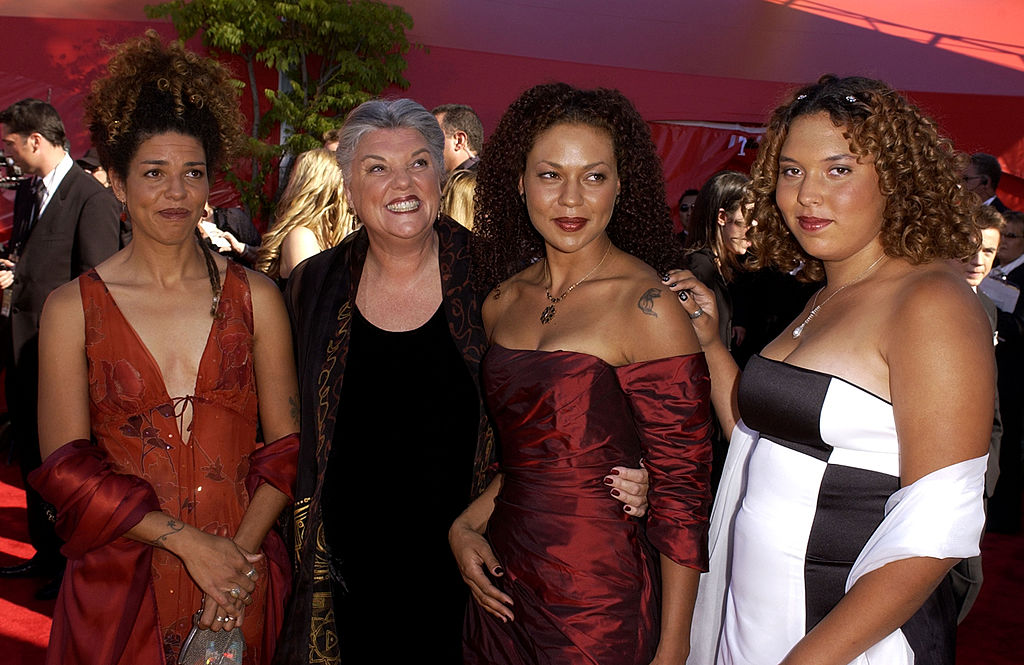
Brown’s journey to Hollywood stardom was far from conventional. Born in Havana, Cuba, he moved to Harlem, New York, at the age of seven. His early years in the United States were marked by resilience and a drive to succeed despite his humble beginnings. Eventually, he relocated to Los Angeles, where he pursued higher education, earning a degree in theater arts. Initially, Brown saw acting as a casual pursuit, something he believed would be “easy.” However, as he delved deeper into the craft, his passion grew, and he decided to dedicate himself fully to the art of performance.
To hone his skills, Brown enrolled in New York’s prestigious American Musical and Dramatic Academy. The journey was far from easy; he worked as a school janitor, earning a modest $80 a week to cover his tuition. It was during his time at the academy that he crossed paths with Tyne Daly, the woman who would later become his wife. Both were students under the tutelage of Philip Burton, the esteemed mentor of legendary actor Richard Burton. This formative period laid the groundwork for Brown’s later success in Hollywood, where he became widely recognized for his role as Officer Terry Webster in the ABC series The Rookies, which aired from 1972 to 1976. His portrayal of Tom Harvey in the landmark miniseries Roots further solidified his status as a groundbreaking actor.

Tyne Daly, on the other hand, was already making a name for herself in the entertainment industry when she met Brown. She would go on to achieve widespread acclaim for her portrayal of Mary Beth Lacey, a tough yet compassionate police officer balancing her professional and personal life, in the hit television series Cagney and Lacey. Her work resonated deeply with audiences and earned her critical acclaim.
Despite their individual successes, Daly and Brown faced significant challenges as a couple. The racial prejudice they encountered was a constant reminder of the societal barriers they sought to overcome. However, they refused to let these obstacles define their relationship. Their determination to stand together was exemplified in a groundbreaking moment on The Rookies, where they shared one of the first interracial kisses on American television. The scene sparked controversy, with network censors threatening to cut it. Yet, Daly and Brown held their ground, insisting on the integrity of the storyline and their characters’ relationship. The scene aired as intended, becoming a powerful statement against bigotry and a testament to their shared commitment to challenging societal norms.
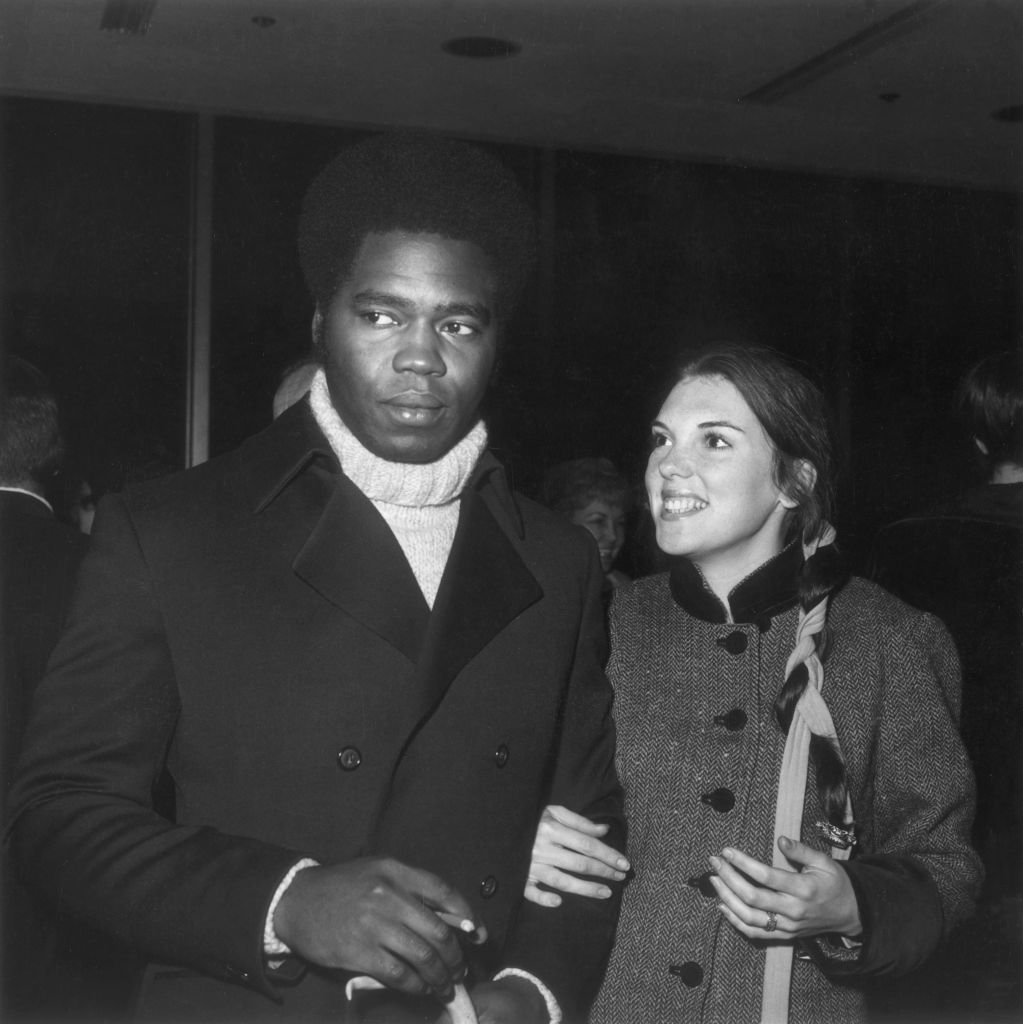
In an interview with The Washington Post in 1985, Daly reflected on her marriage to Brown with profound insight. She rejected the notion of categorizing their union as an interracial marriage, describing it simply as a partnership with “another member of the human race.” This perspective underscored the deep love and mutual respect that defined their relationship, which was rooted in shared values rather than external labels.
The couple’s progressive approach extended to their parenting philosophy. They raised their three daughters—Alisabeth Brown, born on December 12, 1967; Kathryne Dora Brown, born on February 10, 1971; and Alyxandra Beatris Brown, born on October 1, 1985—with an emphasis on individuality and open-mindedness. In a striking move that reflected their rejection of societal labels, they listed unconventional entries on their daughter Alyxandra’s birth certificate: “human” under race, “yes” under sex, and “citizen of the world” under ethnic origin. This approach highlighted their belief in embracing humanity’s shared identity and fostering a sense of global citizenship.
Although their marriage ultimately ended in divorce after 24 years, the legacy of their love story remains enduring and inspirational. Brown and Daly’s relationship challenged societal norms and proved that love could transcend even the most deeply rooted prejudices. Their story is a reminder that the bonds of love and mutual respect are far more powerful than the divisions imposed by society.
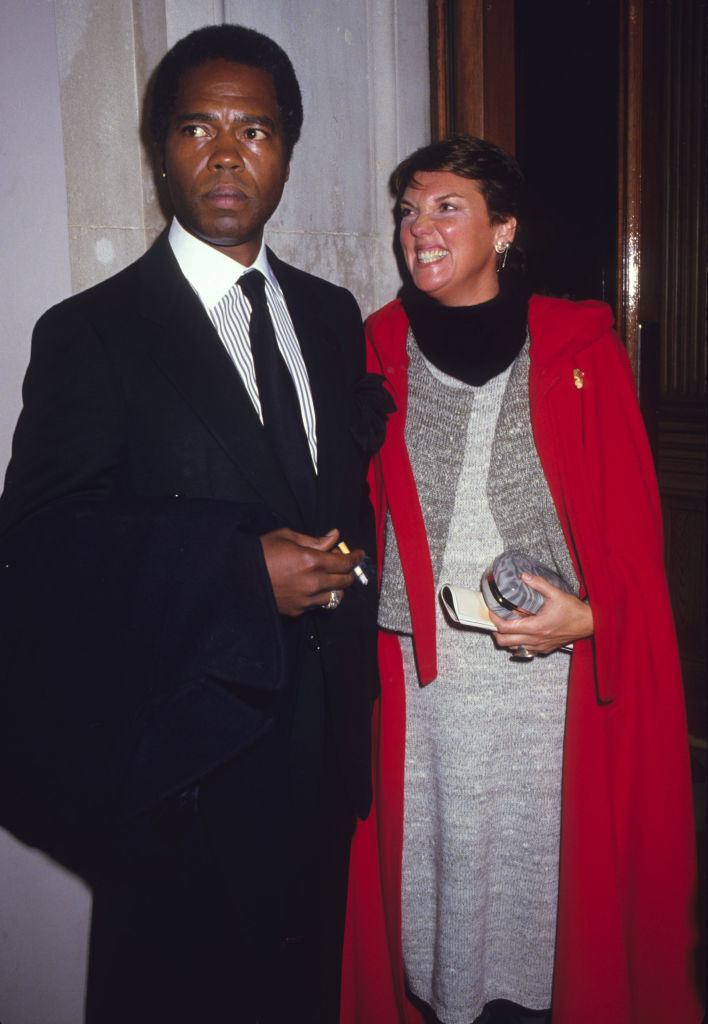
The narrative of Georg Stanford Brown and Tyne Daly is one of triumph over adversity, a tale of two individuals who refused to be defined by the constraints of their time. By standing firm in their love and convictions, they not only carved out a space for themselves but also paved the way for others to follow. Their courage in the face of discrimination and their unwavering belief in the power of love continue to resonate with audiences today.
Their story also serves as a broader commentary on the social progress made over the decades. While the challenges they faced might seem like a relic of the past to some, their experiences are a stark reminder of the importance of remaining vigilant in the fight against discrimination and inequality. The barriers they broke down are a testament to the strides that have been made, but they also highlight the work that remains to be done in fostering a truly inclusive society.
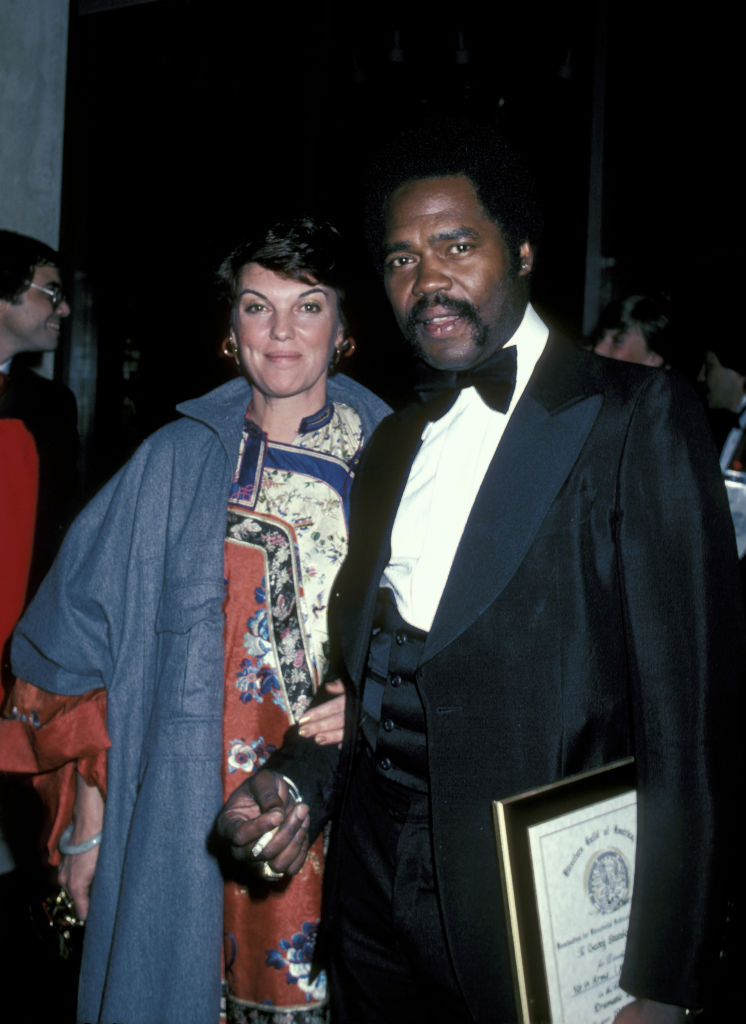
Georg Stanford Brown and Tyne Daly’s relationship was more than a love story; it was a courageous act of defiance and an enduring symbol of hope. Their journey reminds us that love has the power to overcome even the most entrenched barriers, offering a vision of a future where acceptance and understanding prevail. By honoring their story, we celebrate not only their remarkable achievements but also the resilience and strength of the human spirit in the face of adversity. Their legacy continues to inspire and challenge us to build a world where love knows no boundaries.


